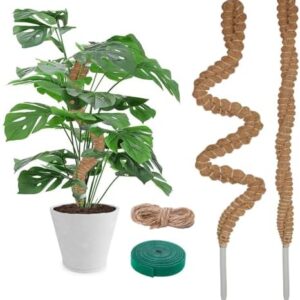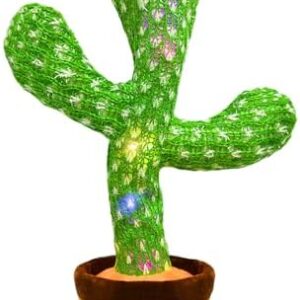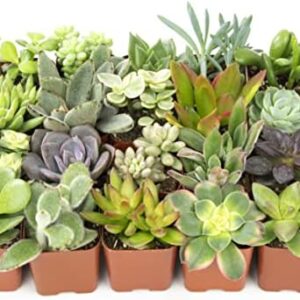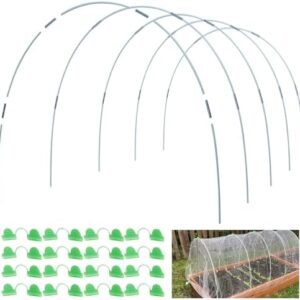When it comes to growing a successful container garden, one of the most important factors to consider is the soil mix you use. The right soil mix can make all the difference in the health and productivity of your plants. But with so many options available, how do you know which one is the best for your specific needs? Here are some expert tips to help you choose the right soil mix for your container garden.
1. Consider the needs of your plants
Before choosing a soil mix for your container garden, it’s important to consider the specific needs of the plants you will be growing. Different plants have different requirements when it comes to soil composition, drainage, and pH levels. For example, succulents and cacti require a sandy, well-draining soil mix, while tropical plants prefer a more moisture-retentive mix. Make sure to research the specific needs of your plants before selecting a soil mix.
2. Choose a high-quality mix
When it comes to container gardening, investing in a high-quality soil mix is well worth the cost. A good quality mix will provide your plants with the nutrients they need to thrive, as well as adequate drainage and aeration. Look for a mix that is specially formulated for container gardening, as these mixes are often optimized for plant growth in a confined space.
3. Consider the drainage
Proper drainage is essential for the health of your plants. If the soil in your containers becomes waterlogged, it can lead to root rot and other problems. Choose a soil mix that is well-draining, with a good balance of organic matter and inorganic materials like perlite or vermiculite. This will help prevent water from pooling at the bottom of your containers and ensure that your plants’ roots have access to oxygen.
4. Pay attention to pH levels
The pH level of your soil can have a big impact on the health and productivity of your plants. Most plants prefer a slightly acidic to neutral pH, around 6.0 to 7.0. Before choosing a soil mix, it’s a good idea to test the pH of your water and adjust it if necessary. You can also choose a soil mix that is specifically formulated for the pH requirements of your plants.
5. Consider organic options
If you prefer to use organic products in your gardening, there are plenty of organic soil mixes available on the market. These mixes are made from natural ingredients like compost, peat moss, and coconut coir, and are free from synthetic chemicals and fertilizers. Organic soil mixes can help improve the health of your plants and promote beneficial microbial activity in the soil.
6. Add amendments as needed
Depending on the specific needs of your plants, you may need to add amendments to your soil mix. For example, if you are growing vegetables, you may want to add compost or a slow-release fertilizer to provide extra nutrients. If you are growing acid-loving plants like azaleas, you may need to add sulfur or peat moss to lower the pH of your soil. Make sure to research the specific needs of your plants and adjust your soil mix accordingly.
7. Consider moisture retention
Some plants, like ferns and orchids, prefer a soil mix that retains moisture well. In this case, you may want to add ingredients like peat moss or coconut coir to your mix to help retain moisture. On the other hand, if you are growing succulents or cacti, you will want a more well-draining mix that allows excess water to easily drain away.
8. Monitor your plants
Once you have chosen a soil mix for your container garden, it’s important to monitor your plants regularly to ensure that they are thriving. Keep an eye on the moisture level of the soil, as well as any signs of nutrient deficiencies or pests. If you notice any problems, be prepared to adjust your soil mix or make other changes to help your plants thrive.
In conclusion, choosing the right soil mix for your container garden is essential for the health and productivity of your plants. By considering the specific needs of your plants, choosing a high-quality mix, and paying attention to factors like drainage and pH levels, you can create an ideal growing environment for your plants. With these expert tips in mind, you’ll be well on your way to a successful container garden that will bring you joy for years to come.






